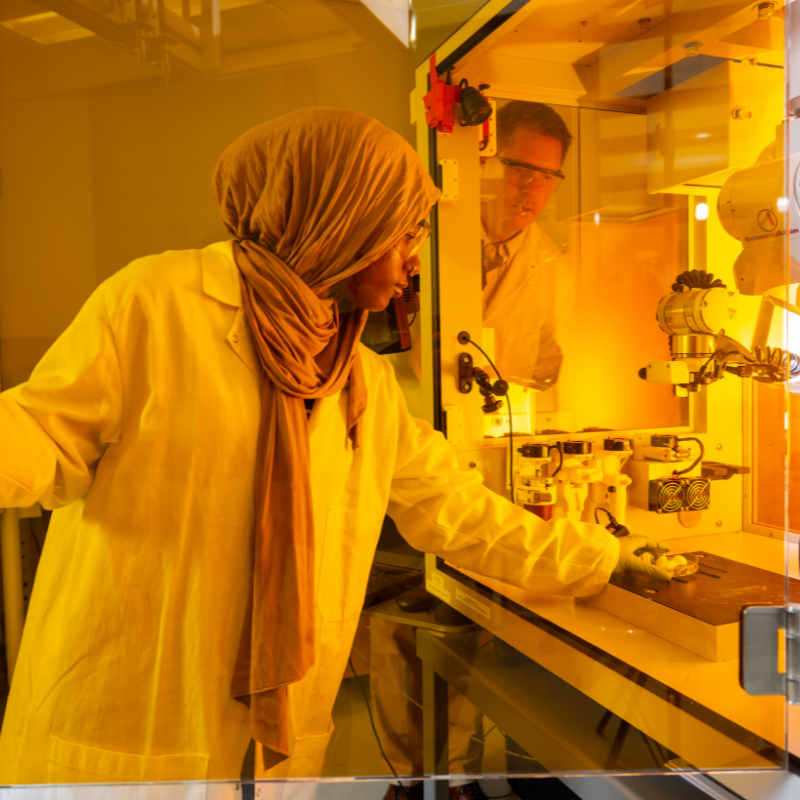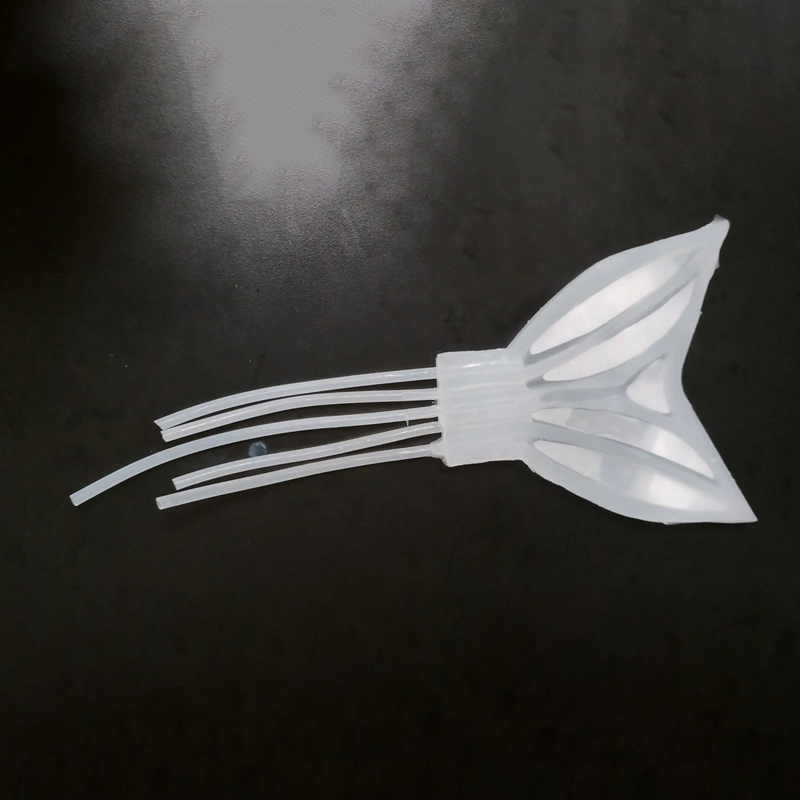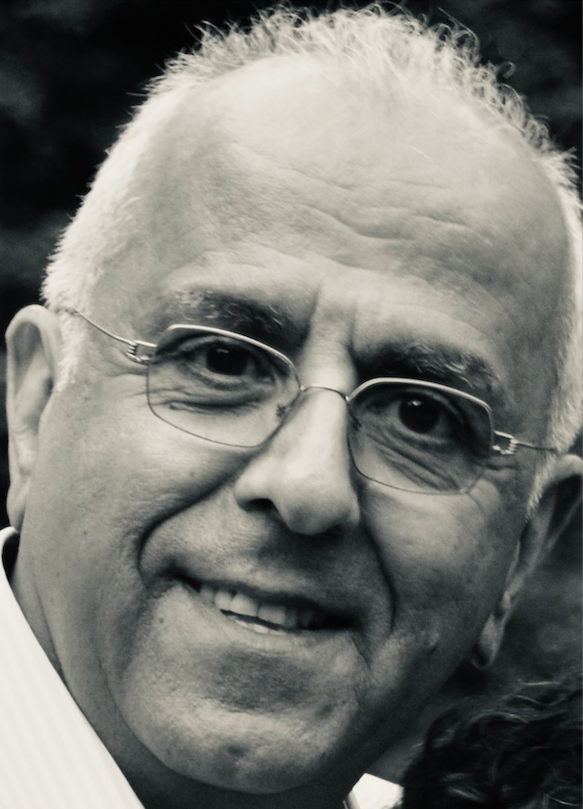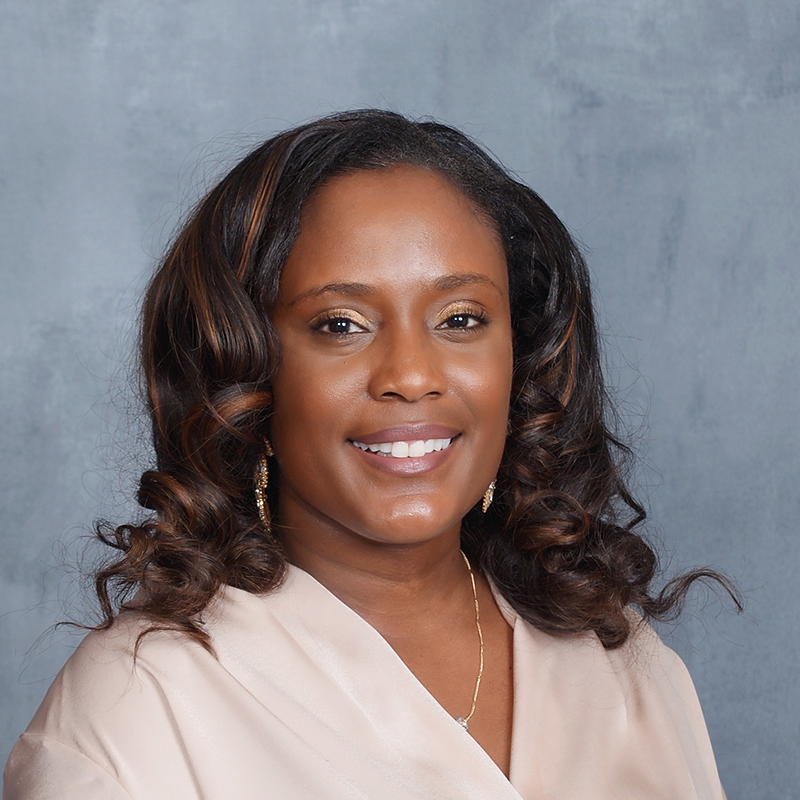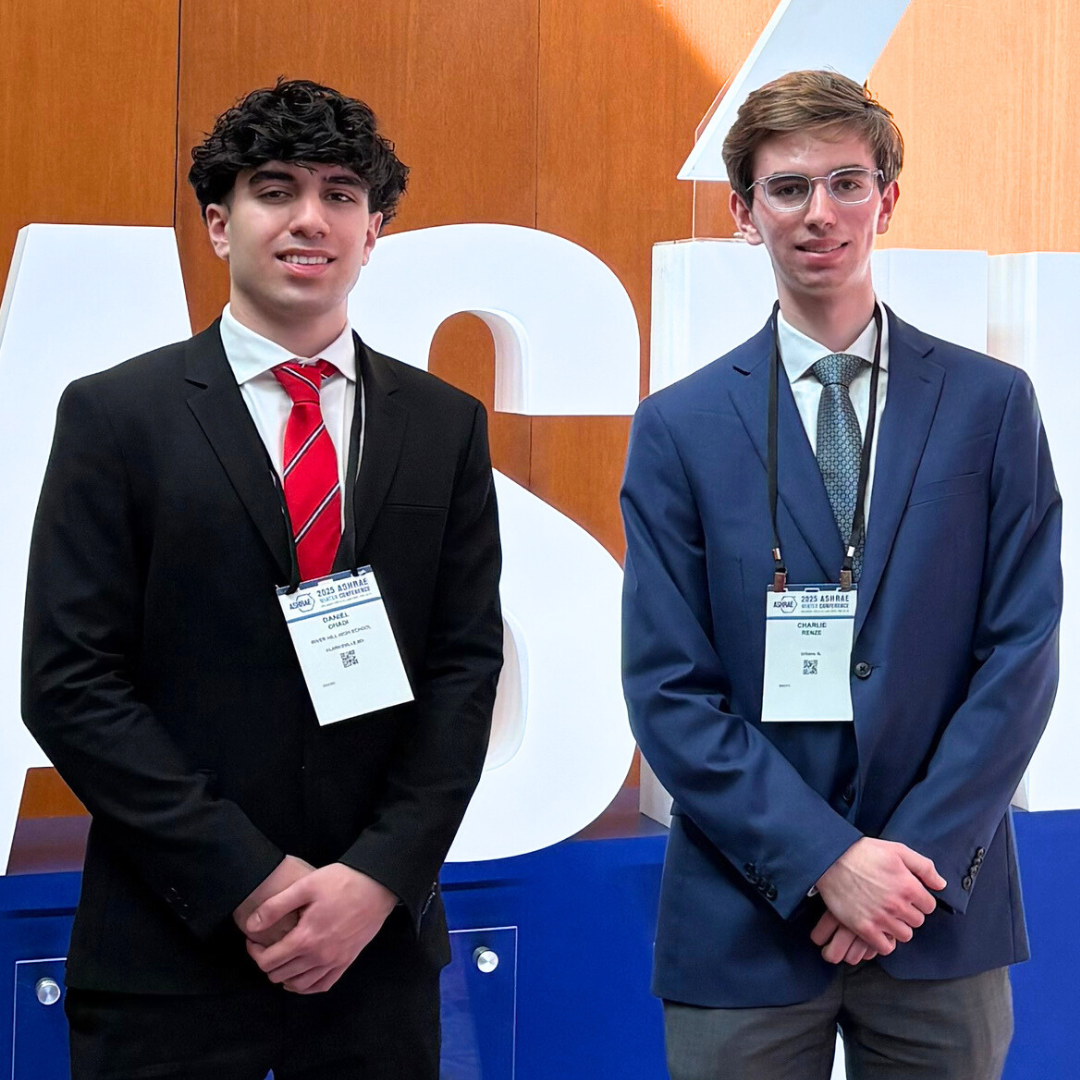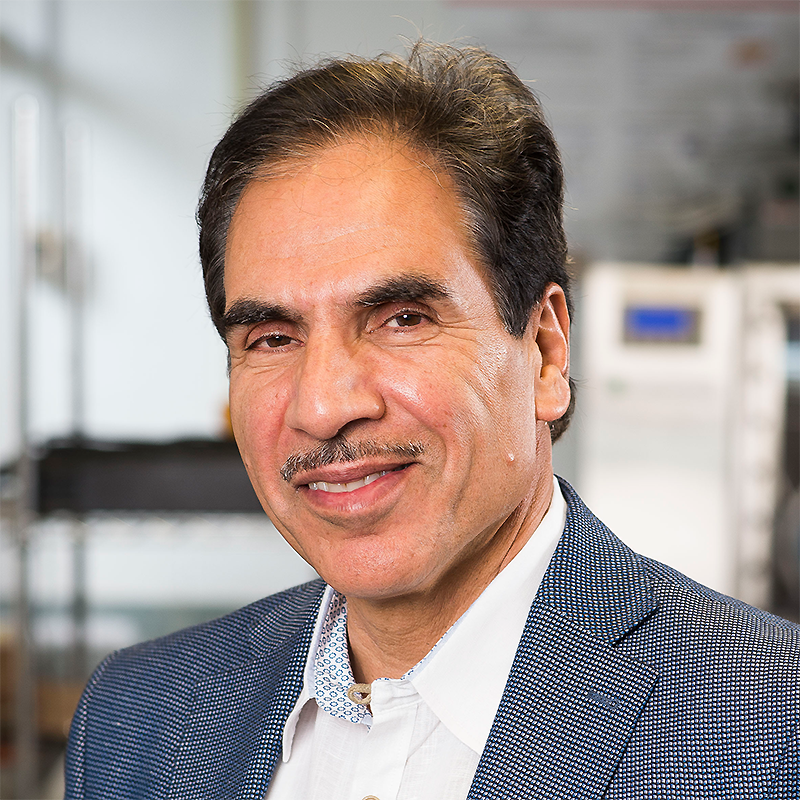News Story
Revolutionizing Water Access: Aquair Wins 2023 R&D 100 Award
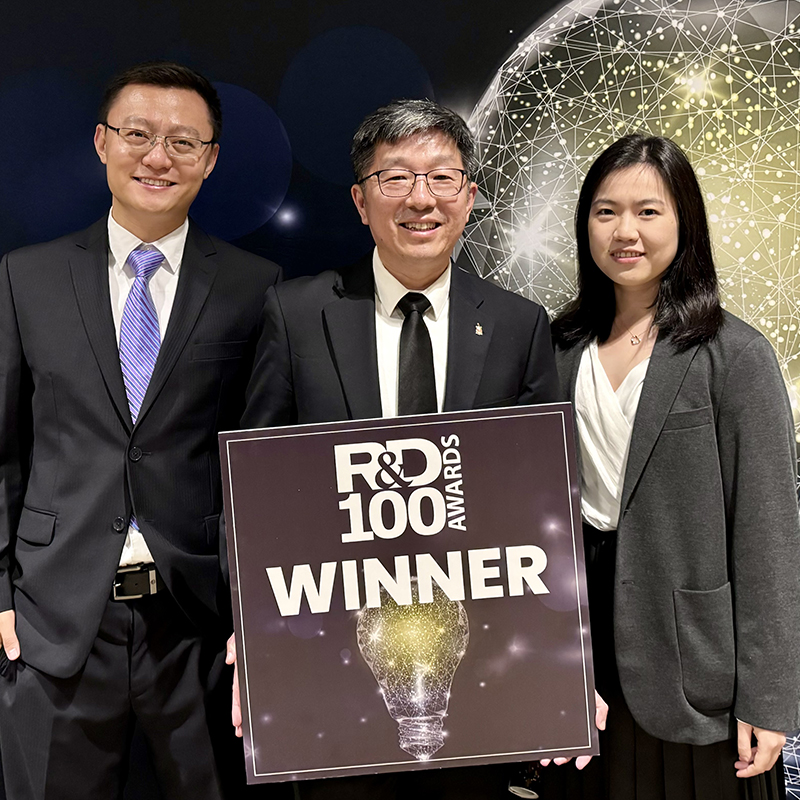
In a world grappling with the escalating issue of water scarcity, the Department of Mechanical Engineering at the University of Maryland is working to address this global grand challenge. Keystone Professor Teng Li and his team recently received the prestigious 2023 R&D 100 award for their invention, Aquair. This invention earned its place among the top 100 innovations worldwide, marking a significant milestone in the field of sustainable water harvesting solutions.
Aquair is a device designed for atmospheric water harvesting and is able to produce water from the air without the need for electricity consumption. The core objective of Aquair is to help address water scarcity, which is reaching critical levels in many parts of the world. Li’s invention tackles this challenge head-on by providing a sustainable, cost-effective solution. Aquair comprises biomass such as trees, wood, grass, and waste wood, which can be produced locally. Also, Aquair operates without relying on external energy sources. These qualities distinguish Aquair as an eco-friendly and self-sufficient innovation.
The device is a foam structure, full of lots of little cavities. These cavities exist on purpose and function similarly to a sponge in order to absorb water from the air, says Li. The material can be scaled depending on the needs of the user. For instance, a hiker could bring enough to fill up a water bottle, while a household or community might need a larger quantity to meet their harvesting needs.
"It’s exciting to see something go from the idea stage to daily communication among the team, to now, something tangible that can really be used for harvesting water."
Keystone Professor Teng Li
One of the most important features of Aquair is that the device is able to produce water that is safe for drinking, among various other uses. This aspect opens the door for diverse applications ranging from meeting essential drinking water needs to supporting agriculture and industry in water-scarce regions. The potential impact of this technology is vast, promoting a more secure a resilient future.
“Aquair is really exciting and has been keeping us busy. It’s exciting to see something go from the idea stage to daily communication among the team, to now, something tangible that can really be used for harvesting water,” commented Li.
Li was honored at the recent 2023 R&D 100 awards ceremony in San Diego, where he received the award for Aquair. This recognition underscores Aquair’s significance in research and development. The award also highlights the collaborative efforts of Li and his team as they push the boundaries in addressing critical global grand challenges.
“It’s an honor to be recognized and we are working hard to push this forward,” Li remarked.
Published December 1, 2023
